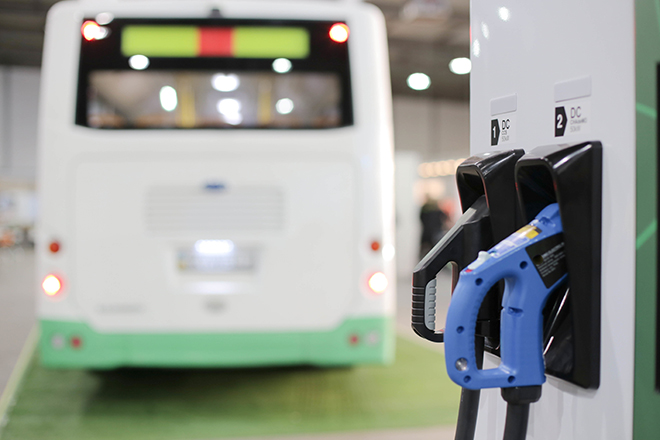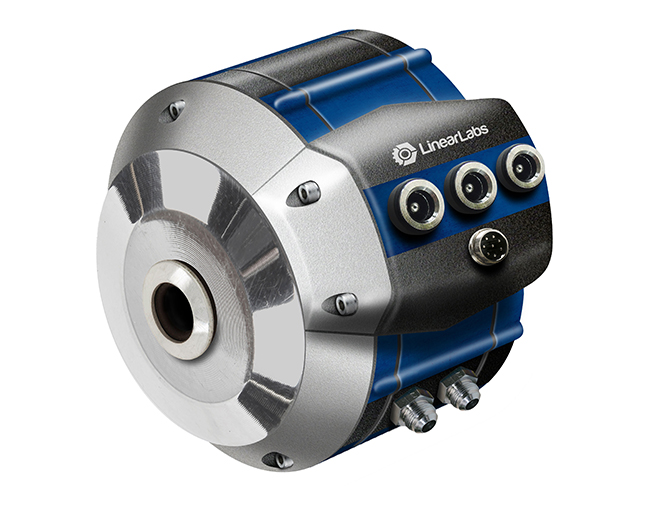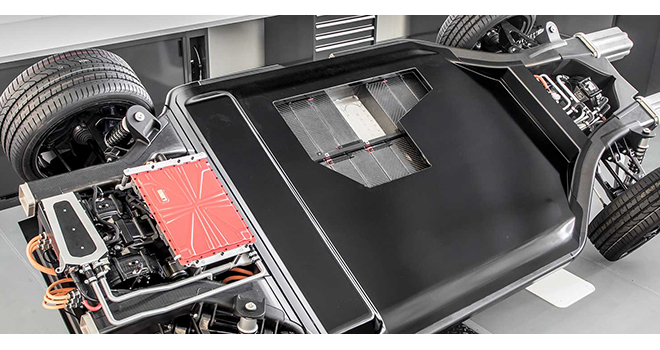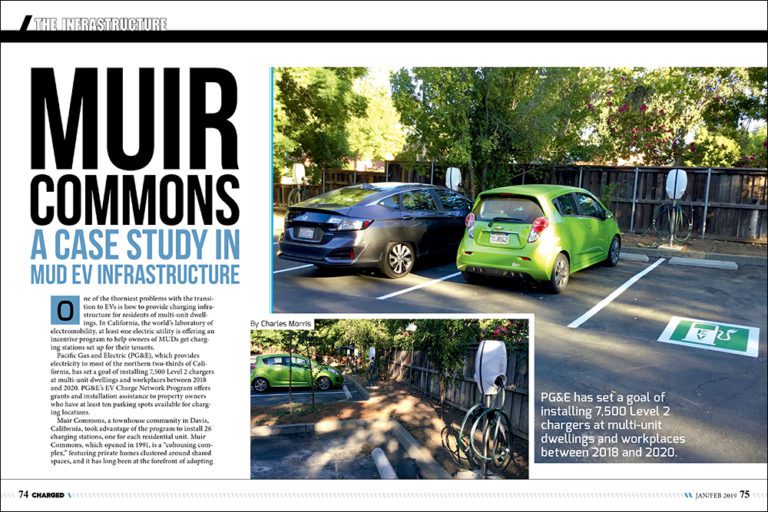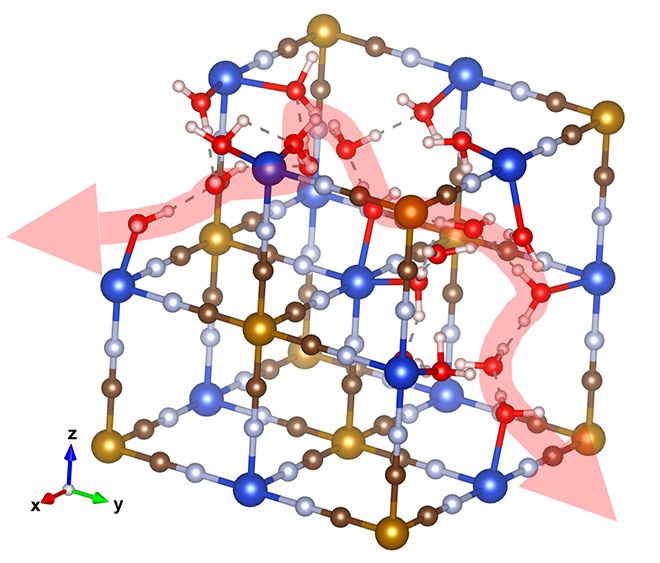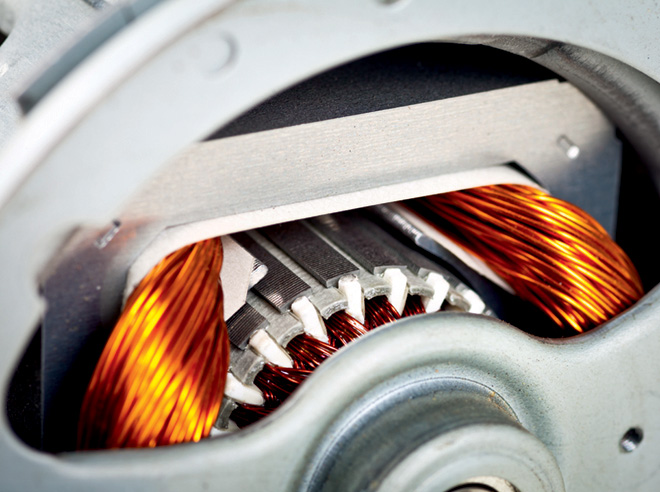There is a proposal on the table in California that has to do with setting standards for energy metering on DC fast charging stations. Basically, the state is looking to enact regulations on EV charging similar to those that already exist for gasoline sales – gas pumps are regularly certified to ensure that when you… Read more »
Search Results Found For: "range energy"
Complete Coach Works introduces a 466 kWh battery pack for transit buses
Complete Coach Works (CCW), a California company that offers repairs and upgrades for both fossil-fueled and electric transit buses and coaches, has announced an optional, larger 466 kWh onboard energy storage system for its Zero Emission Propulsion System (ZEPS). The larger battery pack is paired with a liquid-cooled all-electric drive system and a permanent magnet… Read more »
Linear Labs raises $4.5 million to market its electric motor
Electric motor manufacturer Linear Labs has closed a $4.5-million funding round to market its flagship motor, the Hunstable Electric Turbine. The Hunstable Electric Turbine uses multiple rotors. Compared to available permanent magnet motors, Linear Labs’s motor produces twice the torque, three times the power density, two times the output and 10 percent further range, according… Read more »
China slashes EV subsidies, electric automaker shares fall
China has announced substantial cuts to existing subsidies for EV purchases. The subsidy for pure EVs with ranges of 400 kilometers (250 miles) and above will be halved, to 25,000 yuan ($3,700) per vehicle, the Chinese Ministry of Finance said (via Bloomberg). The minimum range to qualify for any subsidy will also be raised from… Read more »
Williams Advanced Engineering creates cheaper carbon composites
Williams Advanced Engineering (WAE), a UK-based tech and engineering firm, says it is working on new carbon composites that offer comparable performance to existing options, but at a cost that brings them within reach of mainstream applications. WAE says carbon fiber reinforced polymer’s (CFRP) high strength-to-weight ratio, stiffness, and resistance to fatigue and its environment… Read more »
Volvo to offer plug-in hybrid powertrains on all models
Volvo Cars has introduced a range of new electrified powertrain options, which it plans to make available across its entire model range. The company has upgraded its existing T8 and T6 Twin Engine plug-in hybrid powertrains, and confirmed that plug-in options will now be available on every model it produces. Volvo also plans to introduce… Read more »
Muir Commons: A case study in MUD EV infrastructure
One of the thorniest problems with the transition to EVs is how to provide charging infrastructure for residents of multi-unit dwellings. In California, the world’s laboratory of electromobility, at least one electric utility is offering an incentive program to help owners of MUDs get charging stations set up for their tenants. Pacific Gas and Electric… Read more »
Wärtsilä to deliver hybrid retrofit for short-sea shipping vessel
Finnish manufacturer Wärtsilä has signed an agreement with shipping company Hagland Shipping to provide a hybrid retrofit installation onboard the Hagland Captain cargo vessel. Wärtsilä’s hybrid system is built around an integrated module that combines engines, batteries, power electronics, and an energy management system (EMS). The hybrid system for the Hagland Captain will also include… Read more »
Researchers explore proton-hopping mechanism to improve EV batteries
Researchers at Oregon State University have shown that a chemical mechanism known as proton-hopping may provide a new method of energy storage for EVs and other high-power applications. “Coming up with Faradaic electrodes that afford batteries energy density and capacitors power with excellent cycle life has been a big challenge. So far, most of the… Read more »
DOE invents high-efficiency magnet for EV and hybrid motors
The DOE’s Argonne National Laboratory has invented a new magnet technology, called HyMag, which could lead to greater efficiency and lighter weight in EV and hybrid motors. HyMag increases a permanent magnet’s usable magnetic flux density, a property of permanent magnets that can be harnessed for power generation. “The higher the flux density you use… Read more »







